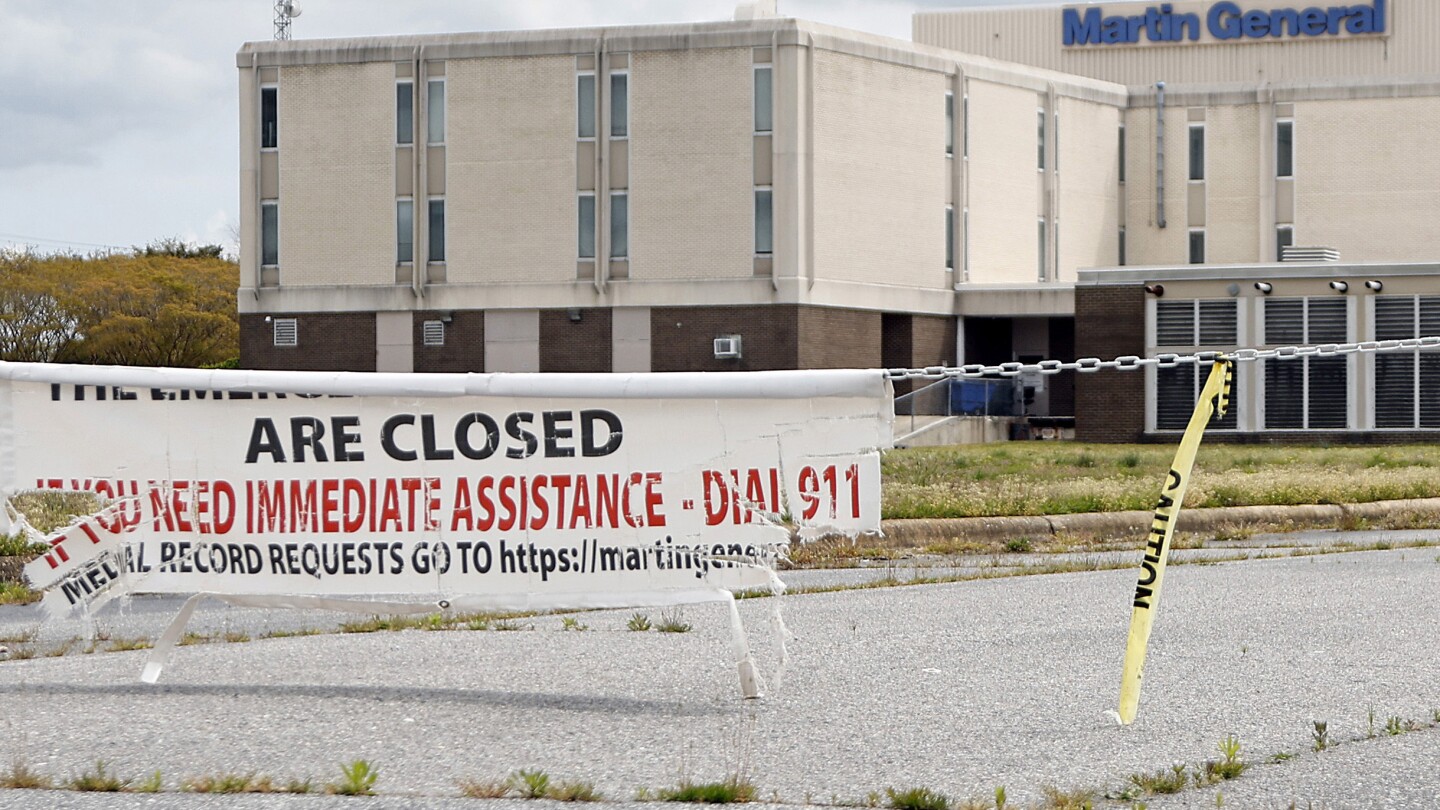Weeds have punctured through the vacant parking lot of Martin General Hospital’s emergency room. A makeshift blue tarp covering the hospital’s sign is worn down from flapping in the wind. The hospital doors are locked, many in this county of 22,000 fear permanently.
Some residents worry the hospital’s sudden closure last August could cost them their life.
“I know we all have to die, but it seems like since the hospital closed, there’s a lot more people dying,” Linda Gibson, a lifelong resident of Williamston, North Carolina, said on a recent afternoon while preparing snacks for children in a nearby elementary school kitchen.
More than 100 hospitals have downsized services or closed altogether over the past decade in rural communities like Williamston, where people openly wonder if they’d survive the 25-minute ambulance ride to the nearest hospital if they were in a serious car crash.



I don’t really have any study off the top of my head, most of my information is coming from departmental meetings we had during the COVID shut down. Though I’m sure it’s not too hard to find, it’s a well known problem, to the point where most states have legislation limiting the construction of new hospitals.
I work in orthopedics and rehabilitation in my state’s only trauma 1 ward, and during COVID our department was shut down for a couple weeks, as a lot of my clinics treatment is elective based.
Because elective services tend to be the profitable aspect of healthcare, we ended up in a situation of diminishing resources and an increase in demand for emergent care for COVID treatment.
Emergent care is basically any condition we can’t legally/ethically turn away from the emergency room, no matter if the patient has insurance or not. During COVID lots of people without insurance spent a lot of time in emergency services, and because our profitable clinics were prevented from operating, our hospital went into a lot of debt.
Thank you!
No problem, if I happen to come across any of the pertinent studies I’m recalling from I’ll try to remember to send them your way. Cheers.